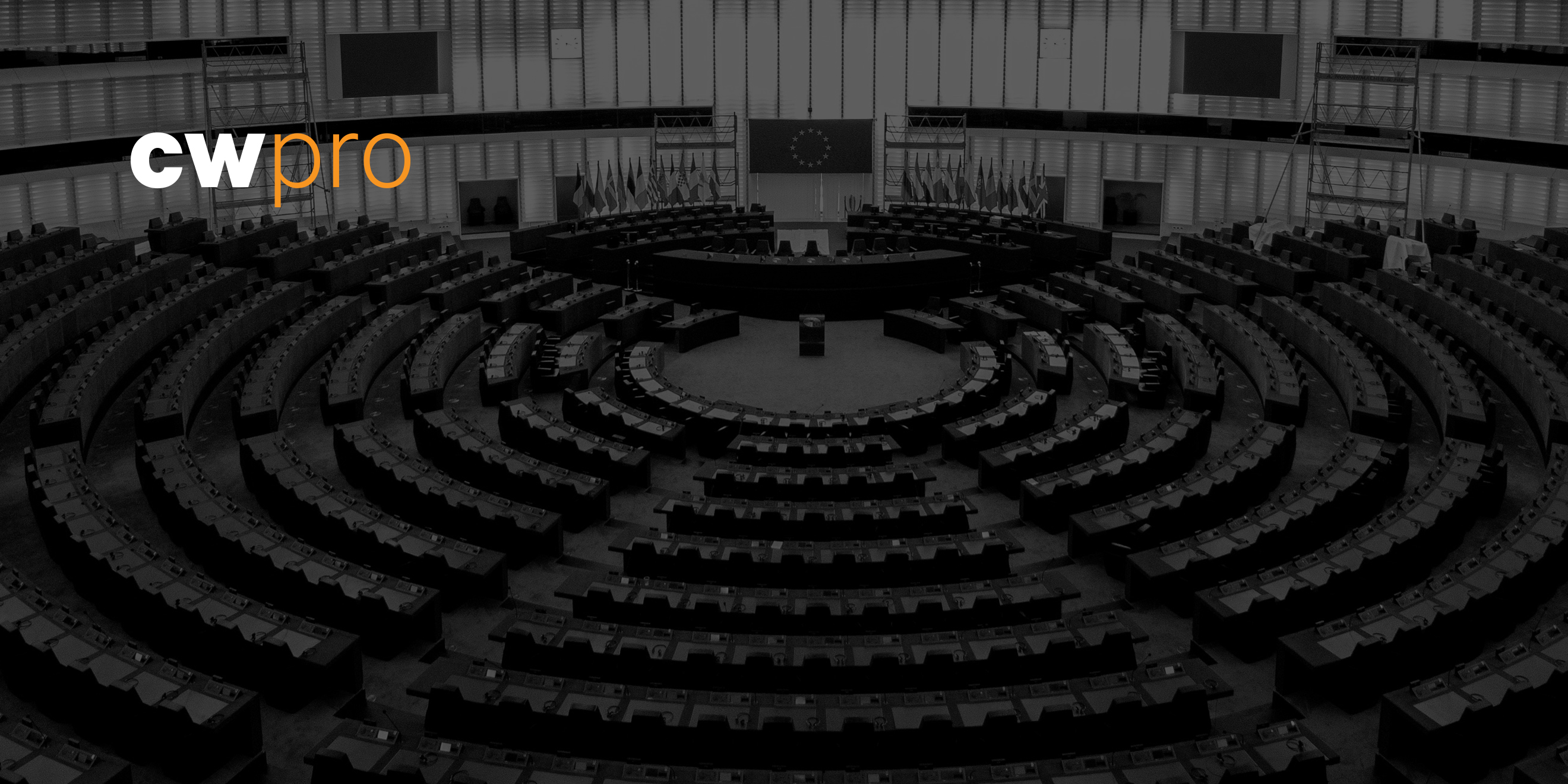India has cut the Internet off in the states of Assam and Meghalaya, according to TechCrunch. The goal is to tamp down on protests over a revised citizenship law that would afford what The Hindu calls a "fast-track to citizenship" for non-Muslim refugees (principally Hindus, Sikhs and Christians) who fled what the law characterizes as religious persecution in Afghanistan, Bangladesh, and Pakistan.
The Information Technology and Innovation Foundation (ITIF) advocates a kind of via media, what it calls a "mostly open Internet," and advises policymakers to "seek to maximize Internet activities that are universally regarded as good, reduce activities universally regarded as bad, and create a high level of technical openness." How this might be done is left largely as an exercise for policymakers themselves, and here as elsewhere the Goldilocks zone of just right may be difficult to find. That said, however, the report is really quite a ways over toward the side of openness, and it contains some interesting perspective on the ways in which some of the more commonly used governmental controls not only restrict the flow of information and commerce, but even tend to fail to achieve their ostensible goals.
The Foundation for the Defense of Democracies has published an argument that the US ought to apply more cyber power against North Korea. Their paper, "Maximum Pressure 2.0: A Plan for North Korea," argues that aggressive offensive cyber operations against the DPRK's networks combined with information operations designed to delegitimize the Kim regime offer the prospect of driving Pyongyang to make concessions concerning its nuclear program.
